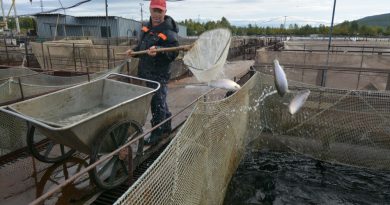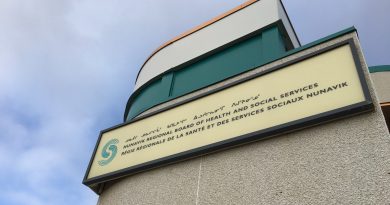COP 28 “transitional, but not transformative” says Int’l Inuit org
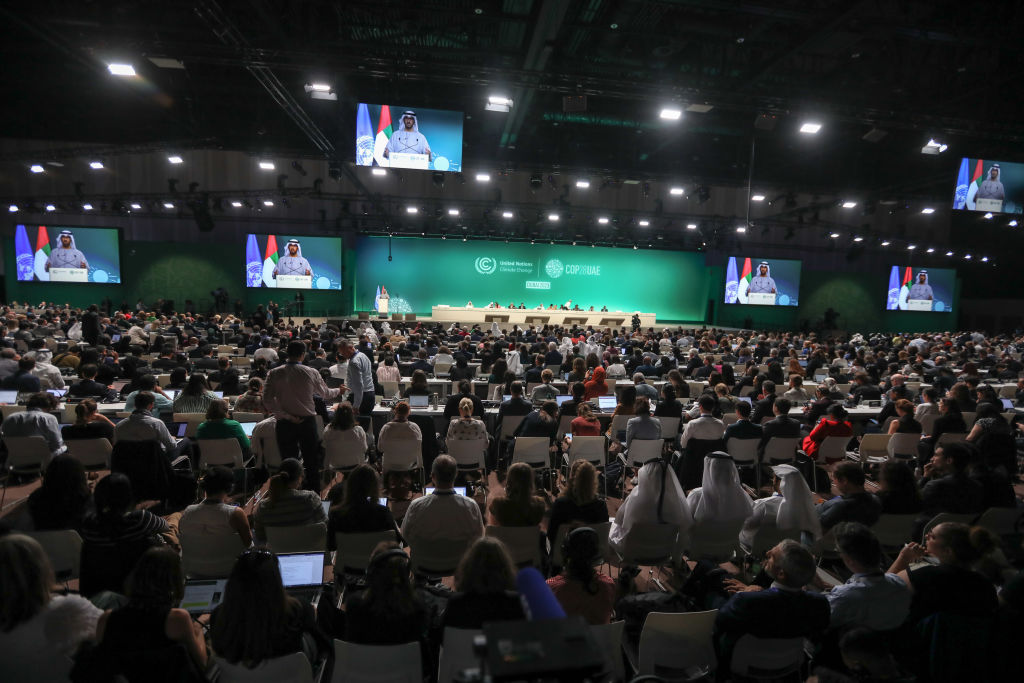
The agreement by nations to phase out fossil fuels was a promising step at COP28, but for Arctic Indigenous Peoples already living with drastic environmental change, it wasn’t enough, the organization representing Inuit internationally said.
“It’s a positive movement forward, but it’s not yet transformational,” Lisa Koperqualuk, the vice-chair of Inuit Circumpolar Council, told Eye on the Arctic in a phone interview.
“The Arctic is changing so much and we’re arriving at tipping points from which there will be no point of return.”
The main result out of COP 28 in Dubai was the call by countries to wean themselves off fossil fuels over the next 25 years.
“Transitioning away from fossil fuels in energy systems, in a just, orderly and equitable manner, accelerating action in this critical decade, so as to achieve net zero by 2050 in keeping with the science,” the countries, known as the parties, said in the final document known as the Global Stocktake.
Arctic communities need urgent action
But while the text talks of the need for “urgent action” to adhere to the Paris Climate Agreement target of minimizing global temperature increase to 1.5 C , the lack of specifics remains a concern for Inuit experiencing the drastic effects of environmental transformation first hand.
“When I was a child [in Nunavik], people could be out on the ice in snowmobiles by the end of October, or in November for sure,” Koperqualuk said. “But this year, it’s December, and many people still can’t go out.”
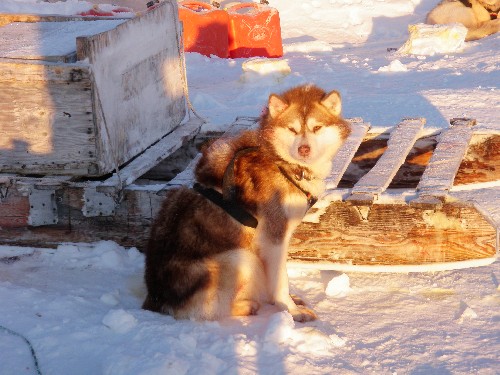
While this affects travel safety and food security in the Arctic, it also has ripple effects throughout every aspect of Inuit culture.
“It affects our livelihood, culture, community health and language,” Koperqualuk said.
“There’s the stress, and trauma of people who’ve gone through ice, or the families of those who have died. And as adults go out less, there is less chances to transmit knowledge about ice conditions and all the language around that and the weather. It is suffering a loss. It directly affects our community well-being.”
“We are at a human rights tipping point as well”
ICC Chair Sara Olsvig said that for Inuit, the environmental change is at a critical juncture.
“We are not only at a climate change tipping point,” Olsvig said in a statement on Thursday.
“The lack of recognition of the severe impact of climate change on the rights of Indigenous Peoples means we are at a human rights tipping point as well. We need to be at the table in all negotiating processes, not just on climate change but in any other international processes that affect us.”
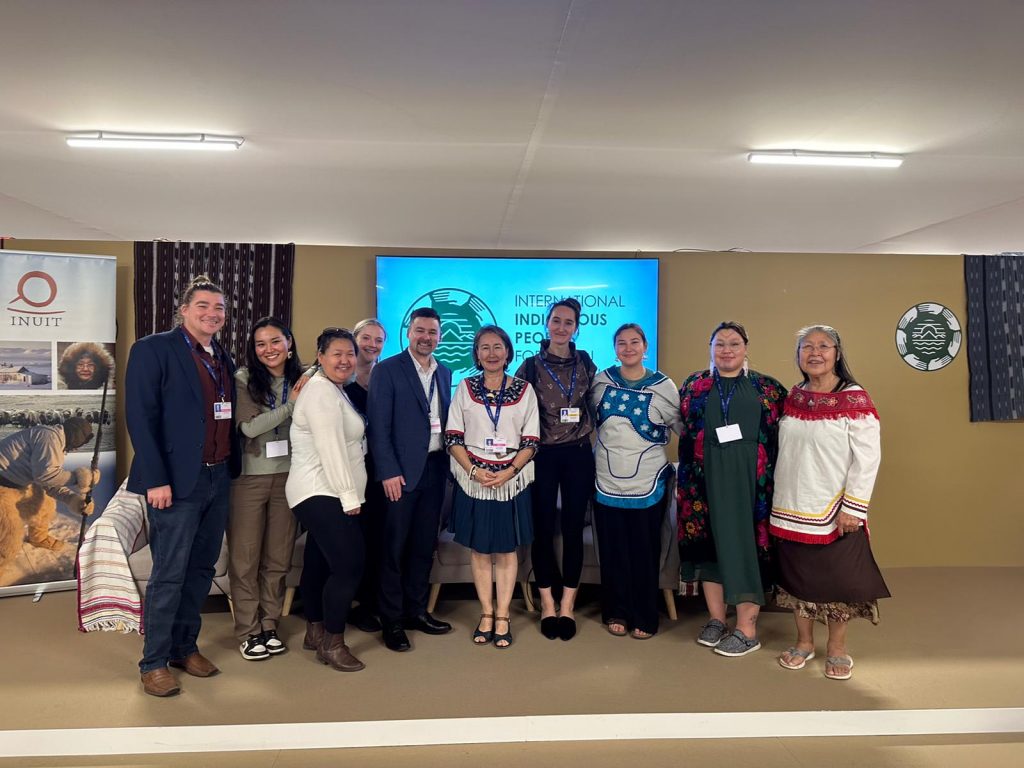
ICC said COP28 has made some progress with the inclusion of language in the Global Stocktake about the importance of considering Indigenous rights as well as highlighting the importance of Indigenous knowledge.
The Local Communities and Indigenous Peoples Platform, recently put into action, is another example of amplifying Indigenous voices, ICC said.
Established under the Paris Accord, the platform was set up so Indigenous peoples could share their insights on climate change, along with strategies for mitigation and adaptation.
“It is vital that Indigenous Peoples are part of the discussions and are able to bring our solutions to the table,” Olsvig said.
“However, I would like to echo our sisters and brothers in the Small Island Developing States and agree that the results in Dubai are transitional but not transformative. We still have a long way to go — and we haven’t got a lot of time.”
ICC represents the approximately 180,000 Inuit in Alaska, Canada, Greenland, and Chukotka, Russia.
COP 28 ran from Nov. 30 to Dec 12.
Write to Eilís Quinn at eilis.quinn(at)cbc.ca
Related stories from around the North:
Antarctica : British research ship crosses paths with world’s largest iceberg, The Associated Press
Arctic : Arctic Permafrost Atlas offers insights into the North’s changing landscape, Eye on the Arctic
Canada: Warming North pushing earth into “uncharted territory”: Arctic Report Card, Eye on the Arctic
Greenland : Blog: Don’t be fooled – we can and we must limit temperature rise to 1.5°C, Irene Quaile
Norway : Assessment looks at dust in Arctic and its impacts on Svalbard, Eye on the Arctic
Russia: Melting permafrost may release industrial pollutants at Arctic sites: study, Eye on the Arctic
United States: Bursting ice dam in Alaska highlights risks of glacial flooding around the globe, The Associated Press

